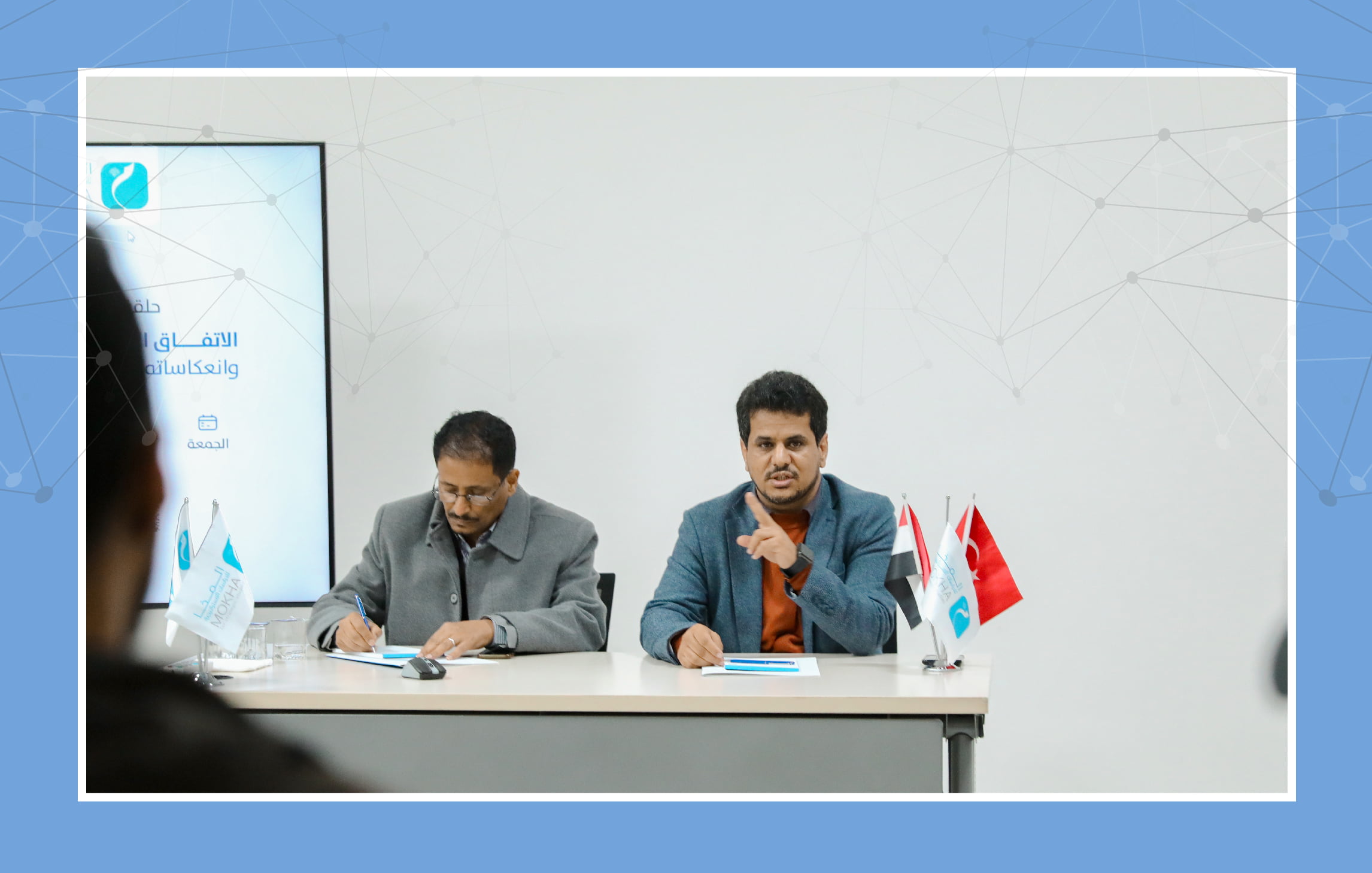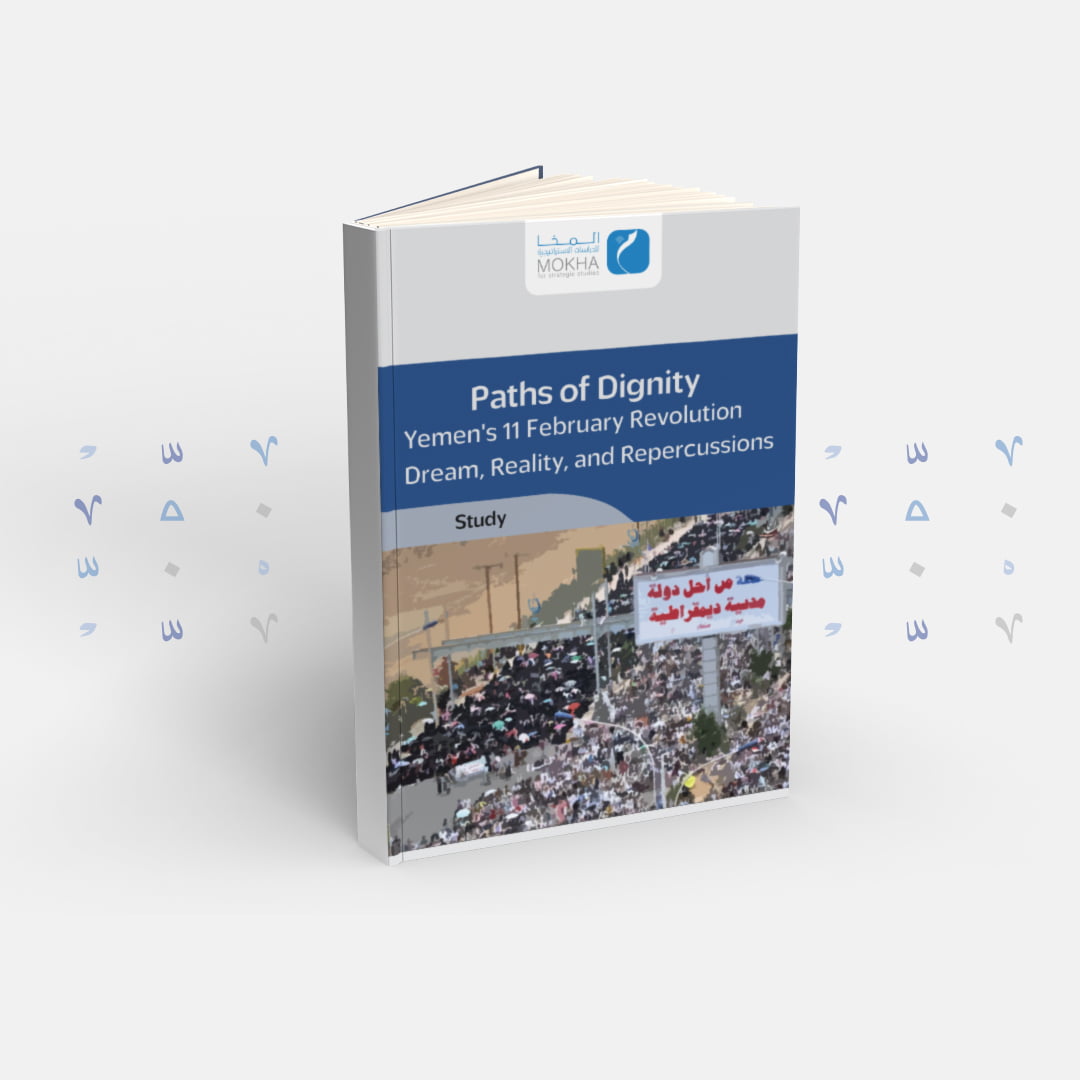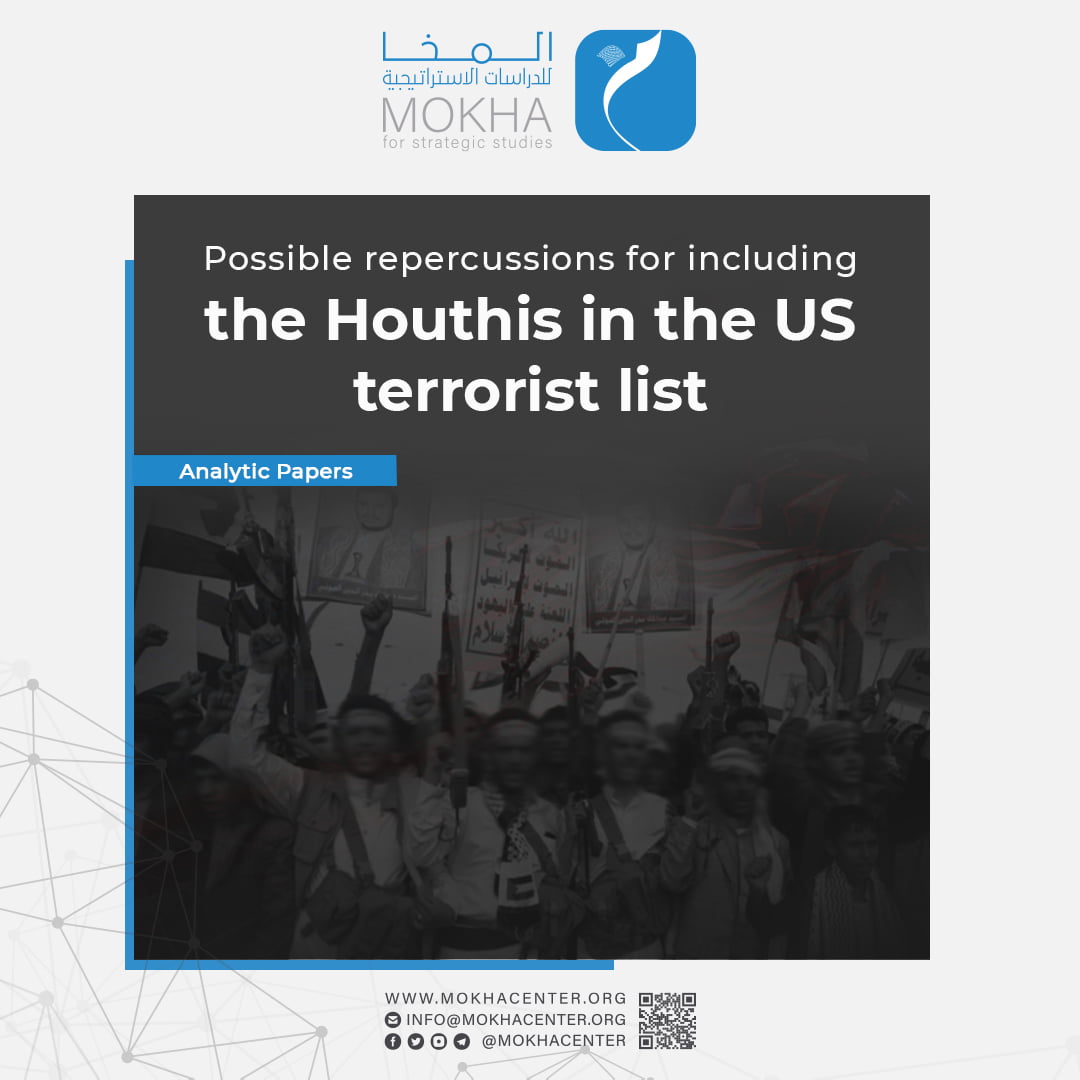Amman consultations: A step to pave the way for peace, or is it going nowhere?

| Getting your Trinity Audio player ready... |
The Yemenis have engaged in several consultations and dialogues over the past decade — reaching political agreements — but they have not led to any real progress in the political process, some of which have been a prelude to reentering military conflicts. But, the chances of ending the war and achieving peace, through a comprehensive political settlement, remains to be seen.
The UN envoy to Yemen, Hans Grundberg, is holding intensive consultations in Amman, Jordan, with Yemeni political parties and civil society forces to hear his point of view for resolving the ongoing conflict in Yemen.
The UN Secretary-General’s special envoy to Yemen met with “leaders from the General People’s Congress party, the Yemeni Socialist Party, representatives from the Yemeni Congregation for Reform Party (Al-Islah party) and the Nasserist Unionist People’s Organization to discuss the peace process … Urgent and long-term priorities for political, security and economic paths.”
In the next week, in Amman, Grundberg will meet with representatives of the Southern Transitional Council, the Inclusive Hadhramout Conference, the General People’s Congress, security and economic experts, and civil figures representing Yemen society. This step is crucial to hear the point of view of political forces and other non-governmental forces, but the envoy’s office has not disclosed whether he will meet with representatives of the Houthi group. If the group does not accept participation in the ongoing consultations — indicating that the consultations will be between the envoy, the forces and numerous Yemeni parties, except the Houthi group — that will make it harder for him to come up with a clear vision and, thus, build a vision for the resolution of the Yemeni crisis. The focus of the consultations is clearly on the urgent and long-term priorities of political, security and economic tracks, according to the envoy’s office.
Dialogue is the most successful solution to reaching a clear understanding to end the conflict, as the communications between Russia and Ukraine, at multiple levels, confirms that diplomacy and dialogue are necessary even as the war continues. In Yemen, dialogue remains a positive and important option in search of common ground between the parties, both within the parties under the internationally recognized government and between the government and the Houthi group — which still controls state institutions in the capital Sana’a and some northern provinces by force of arms. However, the continuation of discussions with one party without a vision of peace and resolution, the discussion becomes merely protocol meetings.
However, the UN envoy’s attempt to assess the past period and listen to the Yemeni parties and then develop a clear vision and bring it to the Yemeni government and the Houthi group is considered, by many, a positive step. This article discusses the current consultations in Amman, Jordan, by addressing its general context and difficulties, as well as crafting a plan and recommendations for the envoy and the Yemeni forces that are involved.
The General Context of the Consultations:
– The Houthi group adheres to the military option, continuing to mobilize tribes towards Ma’rib and also fighting with Yemeni government forces on many fronts. After the recent Security Council resolution described the Houthi as a terrorist group and condemned its cross-border strikes, and it did not classify it as a terrorist group, the group then continued their cross-border strike, including targeting Saudi territories. At the same time, the Houthis are not prepared to engage in the ongoing consultations, thereby complicating the objective of these meetings and consultations held by the United Nations envoy in Amman.
- The leaders of the Yemeni Southern Transitional Council adhere to the statement that they are the only party to represent the southern and eastern provinces, and it is likely that the council delegation’s upcoming meeting with the UN envoy will put forward their demands for secession. These attitudes will add further complications to the consultations.
- The motives of the Yemeni forces opposed to the secession demands and the Houthi group are divided into three directives, with the first direction, including the Yemeni Congregation for Reform Party, arguing that any political settlement should be based on the three references (Gulf Initiative, Outcomes of National Dialogue and Resolution 2216) and that dialogue should be exclusively between the government and the Houthis. The second directive demands a change in some of the government’s leadership, including the vice president, under the name of reforming the institutions of government. The third directive acknowledges the priority of the state leaders’ return to the country and thus discusses all issues, including changing the government’s leadership.
- Regarding the behavior of the Arab Coalition in dealing with the crisis considering the international developments and the strained relationship with Washington: The UAE appears to have succeeded in extracting Resolution 2624 from the Security Council, and Russia has not opposed it, but coordination between the United States and the Arab Coalition, concerning the crisis in Yemen, does not seem to be moving in the direction desired by the Arab Coalition. Saudi Arabia has refused to pump oil and has asked Washington for help in the Yemen war. However, there appears to be no indication that the Saudi demands are being met, at least, for the time being, which means that they have a negative impact on the tracks of war and peace.
- As for the Iranian position, it does not appear to have changed. Iran’s continued political and military support for the Houthi group complicates the political solution.
Difficulties Facing the Ongoing Consultations:
There are still significant difficulties in the current consultations, the biggest among them is the absence of the Houthi group from consultations, as the UN Special Envoy to Yemen is consulting with parties that has so little power over the conflict. The deterioration of the economic and humanitarian situation is expected to continue, especially the food shortage, which is due to the repercussions of the Russian-Ukrainian war and the emergence of many other local factions demanding recognition, such as the Southern Transitional Council. Therefore, it is clear that it is more important to have discussions with the major players in this with a military presence on the ground and to listen to their opinions, as well as civil society organizations and other Yemeni forces, including women. At the regional level, the dialogue between Iran and Saudi Arabia continues to take place, and this has had a direct impact on the Yemeni crisis.
Possible Scenarios:
First Scenario: To come up with a clear vision of these consultations, depending on the extent to which the views of all Yemeni forces, including the Houthi group, are heard and discussed, and then for the outcome of these consultations to be finalized as part of a comprehensive plan by the Office of the UN Envoy to adopt the consultation results under Chapter VII, if some parties refuse to accept them in the future.
Second Scenario: Consultations continue for a longer period than expected between the Yemeni parties and the UN Envoy, as the military escalation continues, diverting the discussions to unnecessary negotiation topics, such as the reform of the presidential institution and the change of political personnel in it, the Riyadh agreement and others. This scenario seems to be the most likely one.
Third Scenario: The failure of international attempts to achieve a settlement and the Houthi’s refusal to deal with the international envoy, which means the continuation of the military conflict would aggravate the humanitarian crisis, and the Yemeni issue will likely disappear into oblivion, especially since there are currently other international crises that are worse than the Yemeni crisis, in the world’s view.
Conclusion
Returning to consultations with political parties to develop a new vision of peace is a step in the right direction, especially after the role of the parties has been absent over the past years and the military scene is overshadowing the political situation, stressing the need to include consultations with all the active Yemeni forces, including the Houthi group, until they come up with a clear vision of any future political process. The priority of these consultations is to develop a clear plan for a political settlement and for the political situation to not become fragmented, which will not lead to the end of the political situation and that will not lead to the end of any political successful future; it may even lead to further chaos and postpone any talk of reforming the institutions of legitimacy and changing the leadership under the current security, economic and military conditions because this may lead to more differences than is the case.
Recommendations for UN Envoy and Policymakers:
- To focus on consultations with political forces and local actors on the ground and to expand ongoing consultations with regional actors are both in the interest of any future political settlement.
- To focus on previous references that emphasize the integrity of post-war geopolitics for the Yemeni interest of internal and regional security and stability.
- The UN envoy should look for a clear mechanism to deal with the Houthi group if it rejects the new UN vision, including urging permanent members of the UN Security Council to find ways to implement the recent UN Resolution 2624, which prohibits the supply of weapons to the Houthi group by intercepting shipments of arms that are smuggled to the Houthis, and, if this is achieved, the level of military escalation will be reduced, and this will reflect positively on the course of the current consultations as a prelude to a comprehensive political settlement. If the Houthi group does not intend to engage in any political process, the best way to deal with them is to put forth an international Security Council resolution that classifies them as a terrorist group and deals with the Houthis in accordance with the resolutions of international legitimacy.
- For the UN envoy’s confidence-building consultations to succeed, it is necessary to focus on the humanitarian situation and to open roads between the provinces to facilitate the movement of citizens.
- After the consultations, the UN envoy should present his vision for a comprehensive solution rather than the fragmentation of the solution as his predecessor, Martin Griffiths, did, his plan should include security, military and political aspects all at once. A ceasefire should be implemented, the economic and humanitarian situation should be a priority, in any future talks, as a prelude, and then begin to implement the military and security aspects to reach a comprehensive political partnership. In this context, it should be emphasized that any political settlement that is lacking the security and military aspects cannot succeed, and the failure of the Peace and Partnership Agreement 2014 and the Riyadh Agreement 2019 are the best proof of this.
- The formation of a presidential council should be put forward in the ongoing consultations and, in the light of the continuation of the war, will not lead to lasting and sustainable peace. However, after the war has stopped, a clear plan for the transition process can be agreed upon, including the formation of a presidential council to manage the transition.




